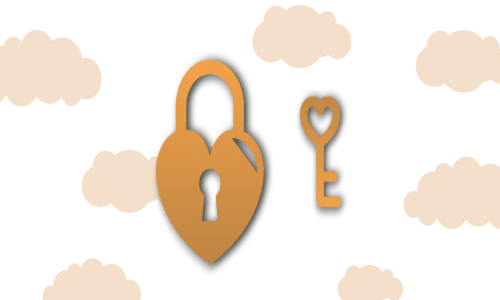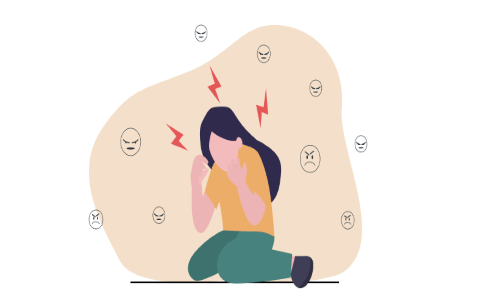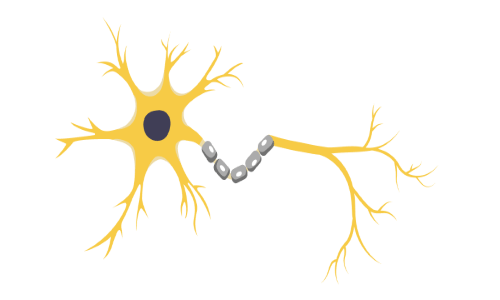
Cosmetic Psychotherapy: Ethical Considerations – “Is It Therapy, Just Because?”
Open to access this content

Open to access this content

Open to access this content

Open to access this content

Open to access this content

Open to access this content